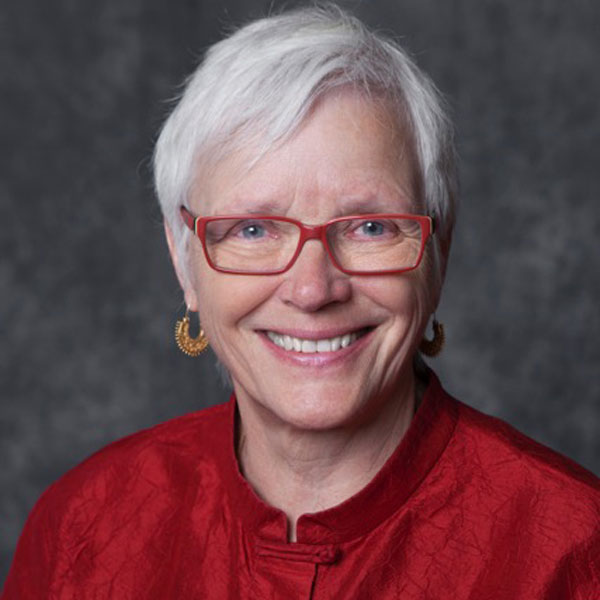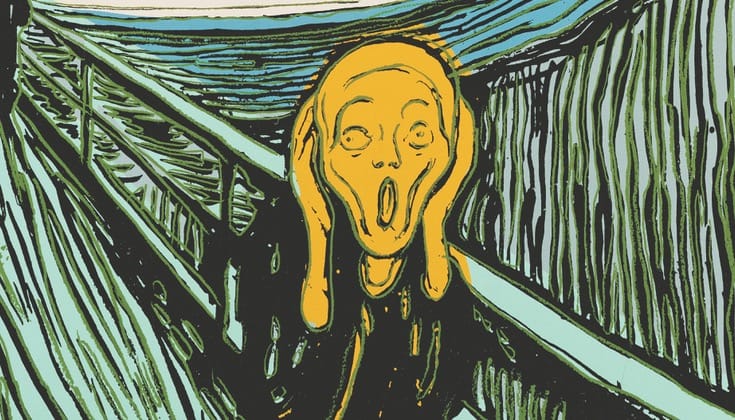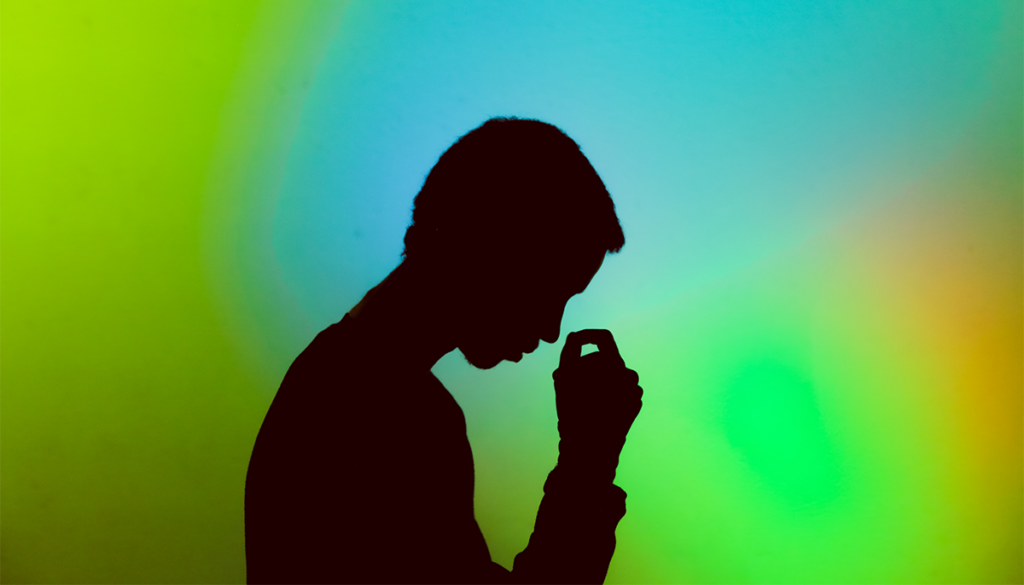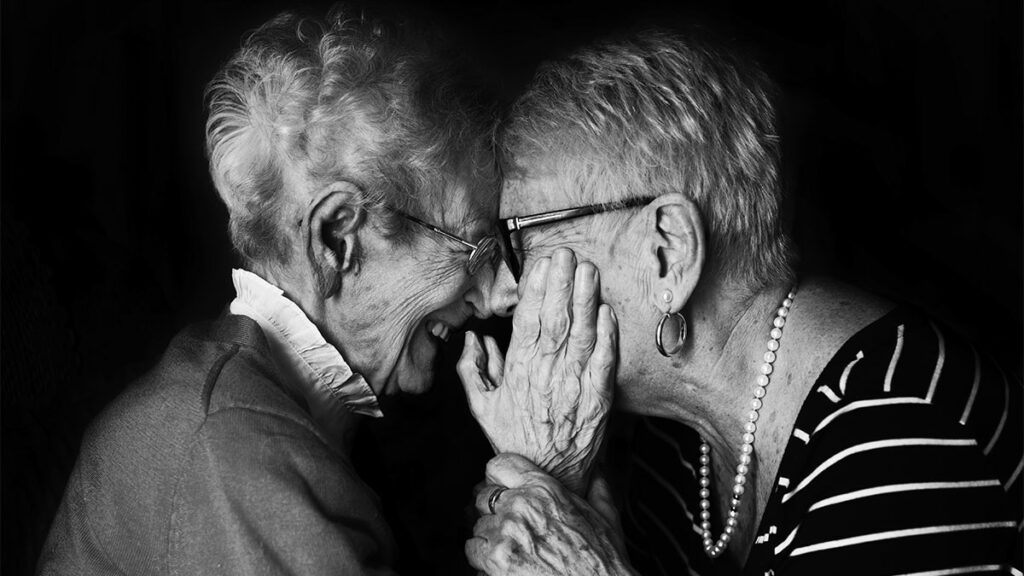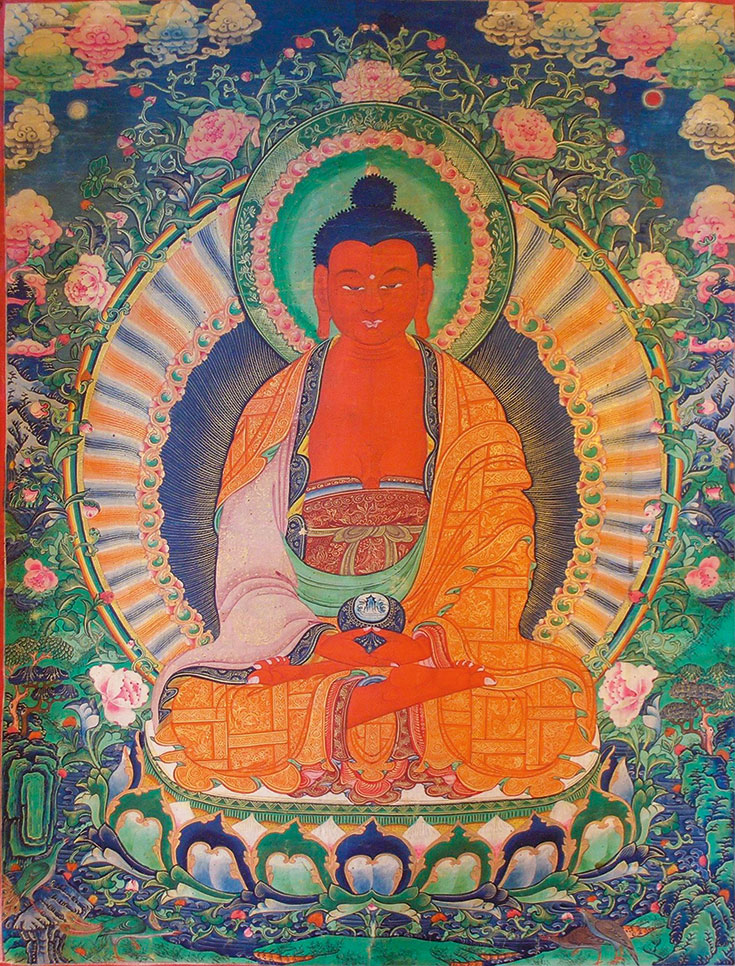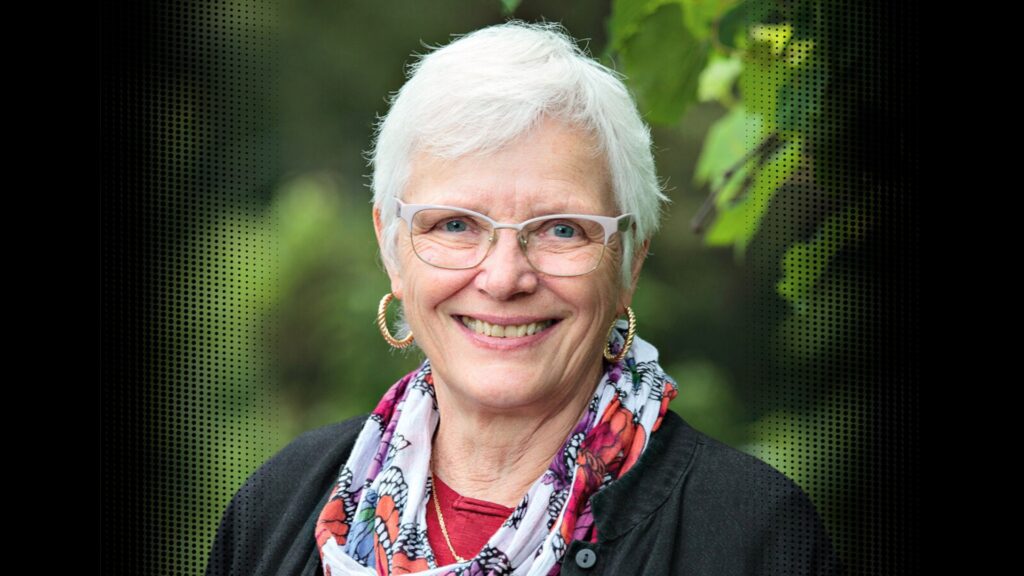Judy Lief is a Buddhist teacher and the editor of many books of teachings by the late Chögyam Trungpa Rinpoche. She is the author of Making Friends with Death.
Judy Lief
Books
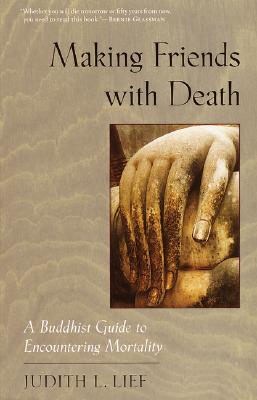
Recent Articles
How Not to Freak Out
If you find all the bad news overwhelming, Buddhist teacher Judy Lief has some meditations to help you relieve your anxiety.
The Middle Way of Stress
Judy Lief on what Buddhist wisdom teaches us about stress — where it really comes from, how it manifests, and why we may need it on the spiritual path.
How to Grow Wiser with Age
As you age, says Judy Lief, you can discover your true nature — timeless and luminous.
How Mindfulness Can Help Ease Anxiety
Buddhist teacher Judy Lief explains the Buddha’s deep analysis of the roots of anxiety and shows how mindfulness can help us ease the suffering of an anxious mind.
The Wisdom of Desire
Desire in the form of attachment is a cause of suffering, says Judy Lief. But if we can take the ego out of desire, we uncover its joyful, sacred wisdom.
